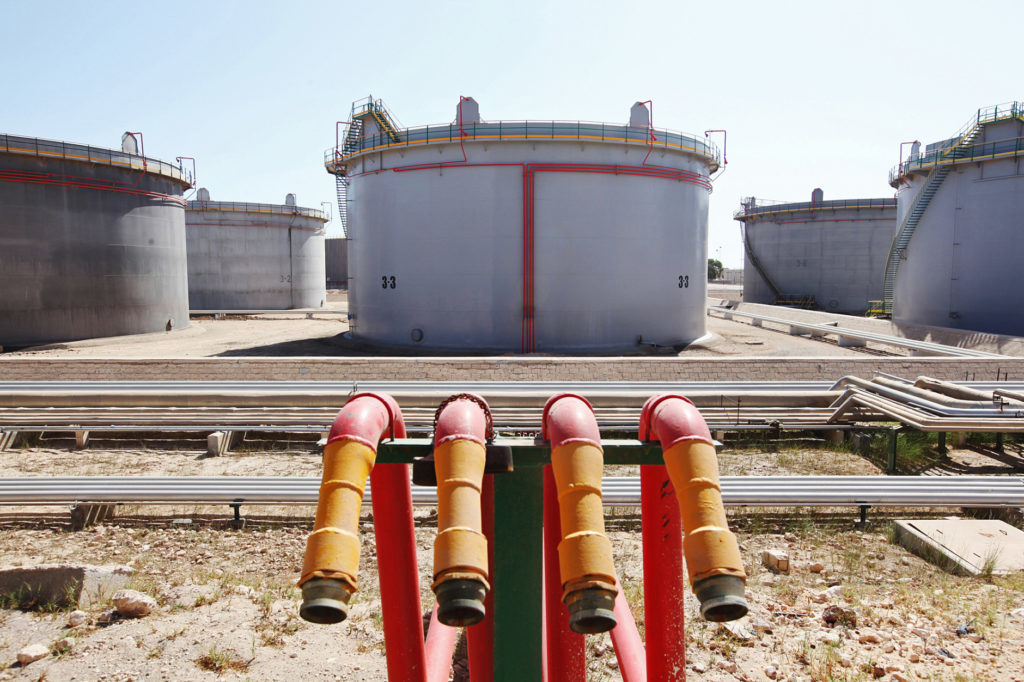
Libya’s National Oil Corp. (NOC) reported income of $2.1 billion in July, up 23% on the previous month.
The company said July’s figures had benefited from a busy loading schedule at the end of June, with receipts clearing in July.
Higher revenues this year were reported only in May, when NOC said it had earned $2.32bn.
NOC’s chairman Mustafa Sanalla downplayed the month’s income increases, saying the oil sector in Libya “remains vulnerable to security shocks”, before adding that two separate security incidents on the Sharara pipeline lowered revenue receipts.
He went on to call for the government to provide more funds for NOC’s operations.
“Oil and gas revenues contribute over 92% of Libya’s budget. This has been achieved despite less than 58% of our annual requested budget being approved and received,” the chairman said.
“Libya’s energy sector and security infrastructure must be appropriately financed to ensure it is insulated from the ongoing conflict and can continue to fund basic services across the country.”
Earlier in August, Sanalla held talks with government officials in Tripoli on a 67% pay rise for oil sector workers, in line with a resolution passed in October 2013.
While NOC is pushing for more resources, it will struggle to secure these given the various demands on the government – including a battle for control of the country’s capital, Tripoli.
The Mitiga airport, close to Tripoli, was damaged by shelling on September 1. As a result, the facility has been closed. Mitiga is a key route for providing supplies to Tripoli.
The Libyan National Army (LNA) is besieging Tripoli on behalf of the House of Representatives (HoR) and General Khalifa Haftar.
The United Nations Support Mission in Libya (UNSMIL) condemned the attacks, which damaged an aeroplane carrying pilgrims returning from the Hajj.
UNSMIL declined to attribute blame for the attack, which it said could not be justified any pretext. This is the seventh time the airport has been attacked since the beginning of August.
UNSMIL said it was documenting the incidents and would be reporting its findings to the International Criminal Court (ICC) and the Security Council. Any indiscriminate attacks that may harm civilians “may constitute war crimes”, it said.
Attacks have also been reported at the Zuwara airport, in mid-August. The LNA claimed responsibility for these.
In addition to the conflict around Tripoli, there are a number of armed local groups, which see the oil sector as providing a means exert pressure. Sharara, Libya’s largest oilfield which supplies crude to the Zawiya port, has been taken offline a number of times as a result of unauthorised pipeline closures.
Problems at Sharara triggered a reduction in gas supplies, and therefore power generation.